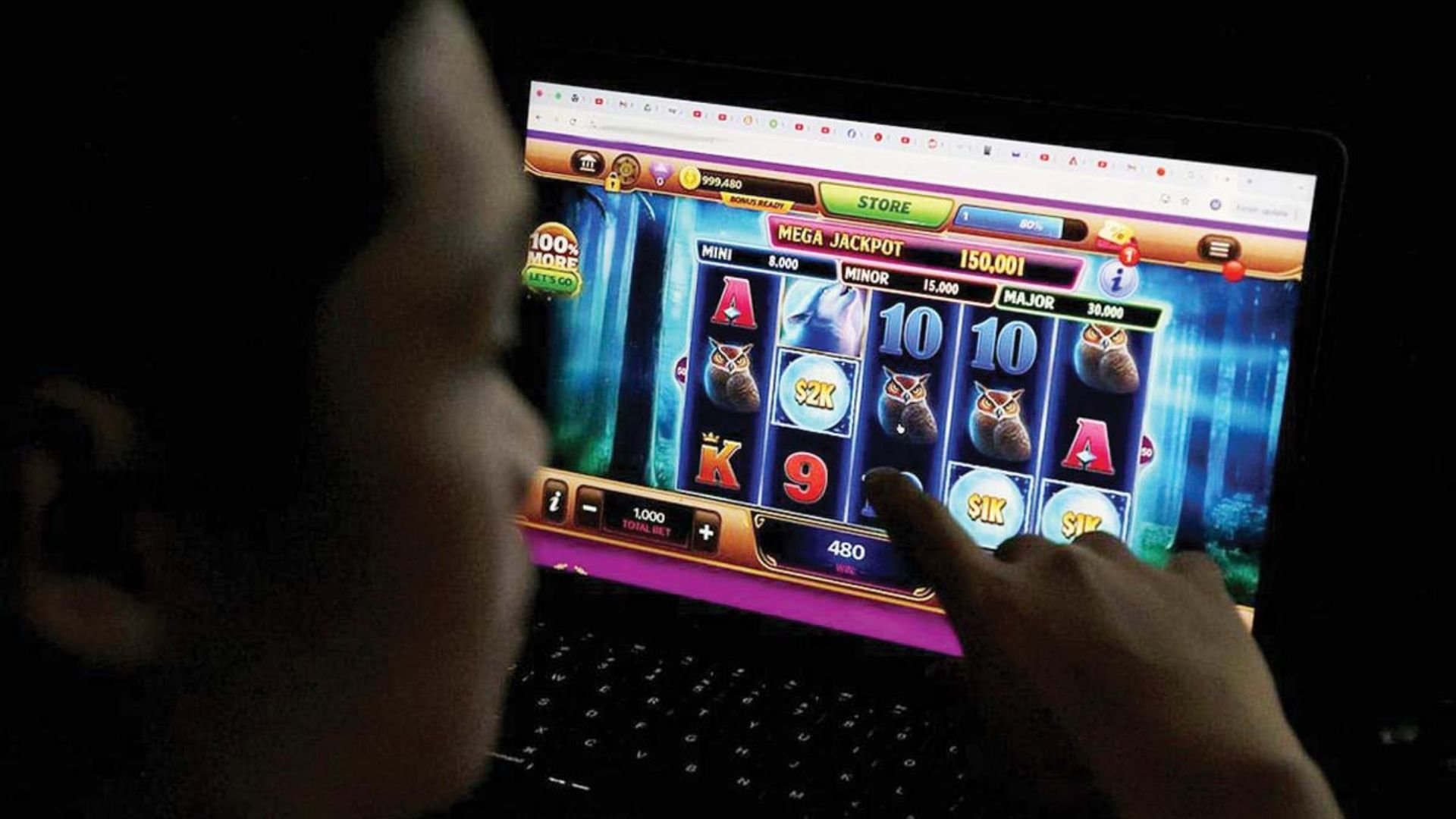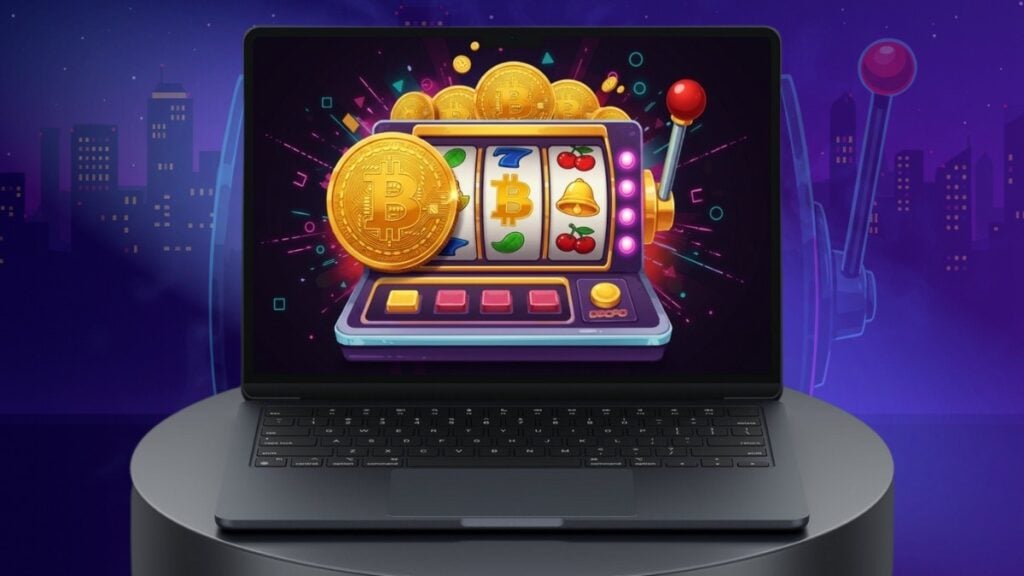
The European Gambling and Amusement Federation (EUROMAT) has officially submitted a complaint to the European Commission, accusing Croatia of breaching EU law by pushing through amendments to its Gambling Act without following the required notification process.
According to EUROMAT, the Croatian government bypassed the Technical Regulation Information System (TRIS) procedure, mandatory under EU Directive 2015/1535. This directive ensures that any member state introducing technical regulations that could impact market access or service provision must inform the Commission before the changes take effect.
EUROMAT President Jason Frost highlighted the gravity of the issue: “This complaint marks an important first step in the EU’s legal process. Complaints such as that filed by EUROMAT are a key tool to alert the Commission to potential breaches of EU law.”
Frost added that Croatia’s decision to move forward without proper notification “breaches EU law; it also threatens legal certainty for businesses across Europe.” His remarks underline the organization’s belief that Croatia’s actions could disrupt the stability and fairness of the EU’s regulated gaming environment.

The changes introduced under the amended Croatian Gambling Act are sweeping and affect nearly every aspect of the country’s gambling landscape. The reforms introduce mandatory player identification, impose new restrictions on where gambling venues can be located, and enforce detailed rules on how they must be structured.
Perhaps the most controversial measure is the complete ban on online and social media advertising for gambling operators. Alongside these, the law adds further restrictions on TV advertising slots and establishes a national self-exclusion register that applies to both land-based and online platforms.
The government has increased gambling taxes to 30 percent on winnings over €70,000 and raised licensing fees for betting shops, casinos, and online gambling operators. Industry observers warn that these measures could reduce competitiveness and force smaller operators out of the market, consolidating control among a limited few.
EUROMAT argues that these regulatory adjustments unfairly favor certain market participants, particularly state-run lotteries, which have reportedly been exempted from several of the new provisions. This has raised concerns about transparency and equal treatment within Croatia’s gaming market.

Filip Jelavic, secretary general of the Croatian gaming association HUPIS, was sharply critical of the government’s conduct. “The Croatian Government has deliberately sidelined both stakeholders and EU institutions,” he said, pointing out that the lack of notification “has prevented scrutiny of measures that fundamentally distort competition and harm different segments of the gaming sector.”
Jelavic urged the European Commission to “carefully assess EUROMAT’s complaint and intervene without delay to ensure that the rule of law and fair market conditions are upheld.”
The outcome of EUROMAT’s complaint could have wide-ranging implications for how EU member states regulate their gambling industries. If the Commission finds Croatia in violation of its obligations, it may set a precedent that reinforces transparency and oversight in gaming regulation across Europe. For now, the case stands as a pivotal test of the EU’s ability to uphold consistency, fairness, and compliance within its single market.


.png?w=600)




